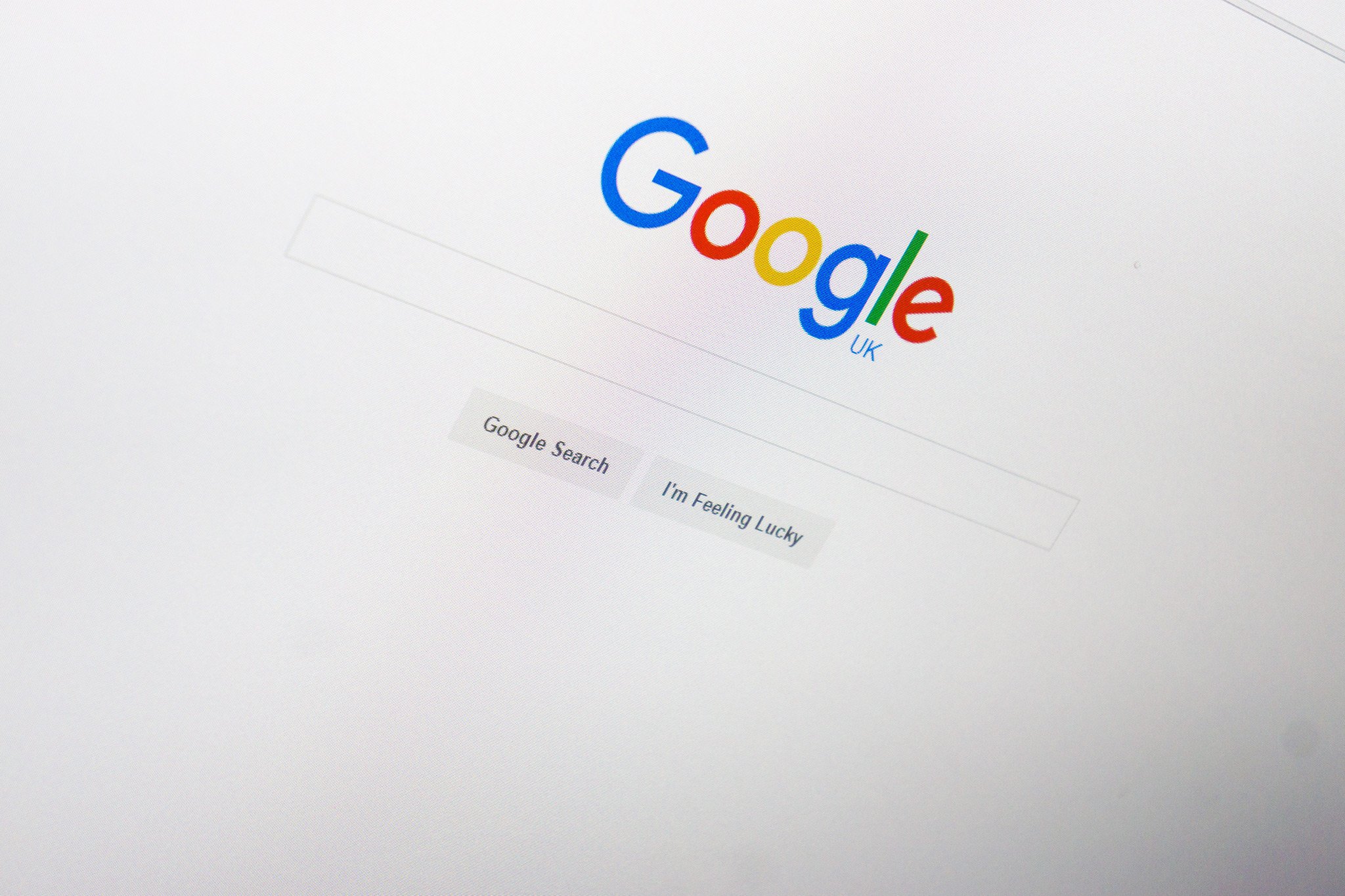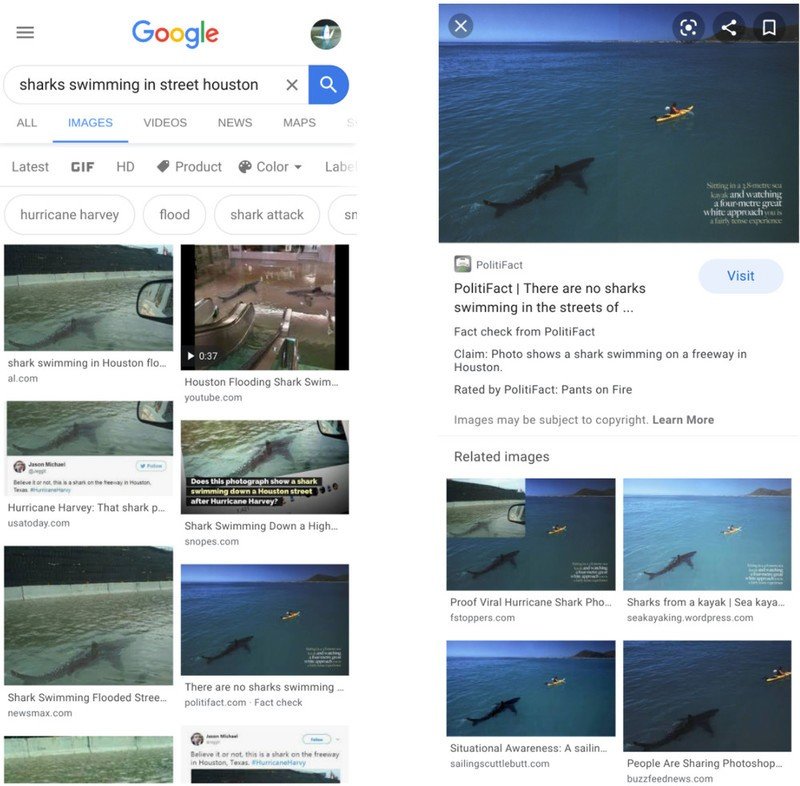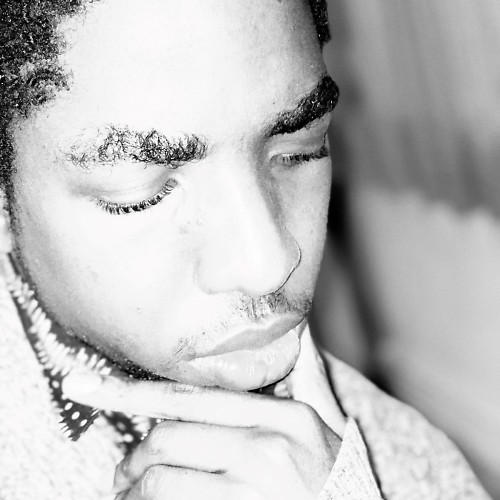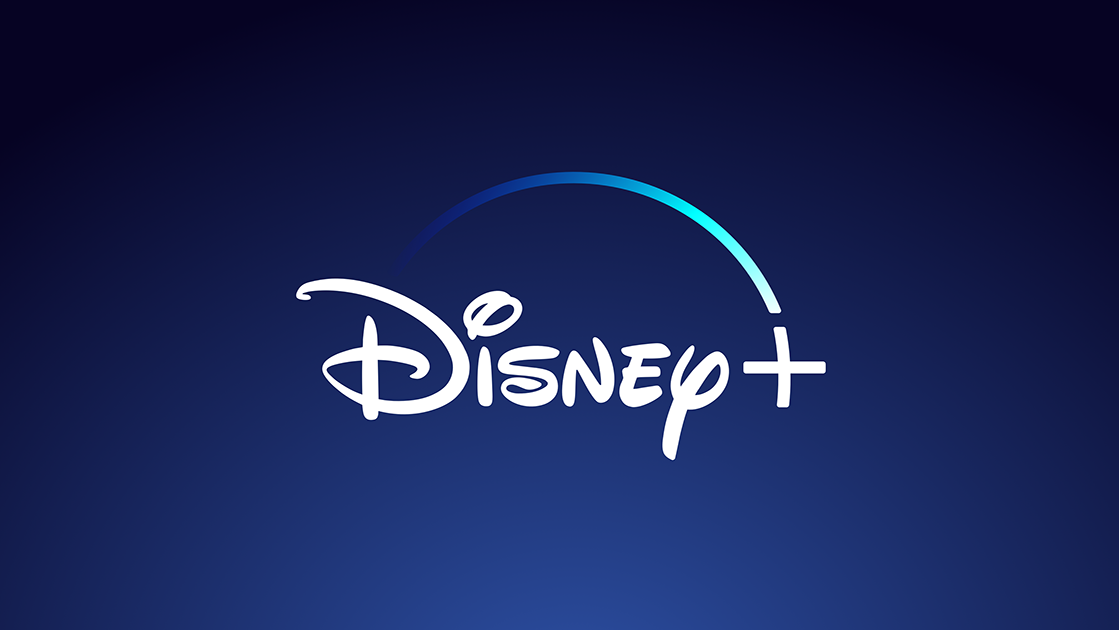Google will begin fact checking your image searches

What you need to know
- Google will start fact-checking image searches.
- The company will add a summary and analyses to images that have been associated with hoaxes and fact-checked in the past.
- It builds off of work Google has done with fact-checks on News and Search previously.
Google will start fact-checking image searches, the company announced today. Google had previously only surfaced fact checks of claims on its main and news pages but is now broadening it to Images.
As part of this update, Google will now show if an image has been the subject of a fact-checking publication like Snopes or Politifact. It will also show a brief summary including what the page is fact-checking and the associated verdict.

Google's Harris Cohen, Group Product Manager, Search said on Monday:
[T]he power of visual media has its pitfalls — especially when there are questions surrounding the origin, authenticity or context of an image. Starting today, we are surfacing fact check information in Google Images globally to help people navigate these issues and make more informed judgments about what they see on the web. This builds on the fact check features in Search and News, which people come across billions of times per year. Now, when you search on Google Images, you may see a "Fact Check" label under the thumbnail image results. When you tap one of these results to view the image in a larger format, you'll see a summary of the fact check that appears on the underlying web page. These labels may appear both for fact check articles about specific images and for fact check articles that include an image in the story.
Google and social media companies have been under greater pressure to fact check the information that can be surfaced through their use. While they can't be held directly responsible for the creation of misinformation, it's a common argument that the previously unprecedented reach engendered by these platforms create a sort of social responsibility. Facebook and Twitter have in recent weeks ratcheted up their fact-checking of political bodies. Google has been similarly adaptive, extending fact checks on YouTube to cover COVID conspiracy theories. This new update to the images tab is just another extension of what hopefully continues to be a more socially-attentive, more harm-conscious big-tech movement.
Get the latest news from Android Central, your trusted companion in the world of Android

